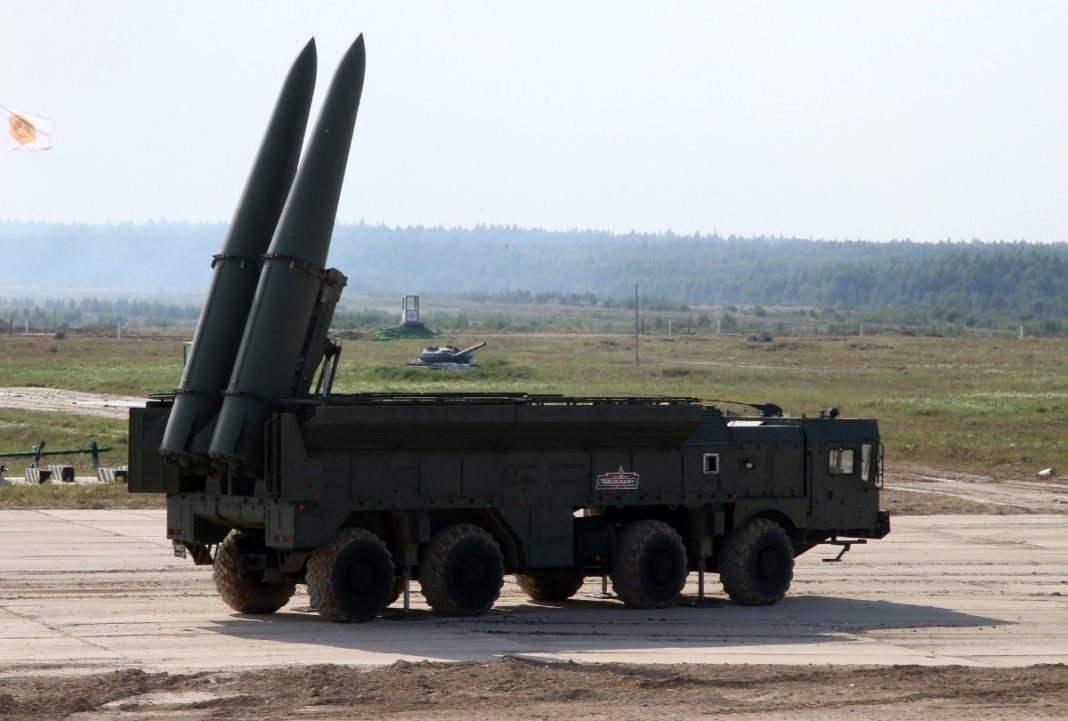The spokesman made the remarks to Russian Journalist Pavel Zarubin, who published the excerpts of the interview on his social media on Saturday.
“There has always been a paradoxical situation: the US deployed different types of missiles, of different ranges, but traditionally aimed at our country. Our country, accordingly, identified European locations as targets for our missiles,” Peskov stated.
While Washington continues to “profit” from the escalation, the EU nations are only serving as targets in the standoff, Peskov explained.
“Our country is in the crosshairs of American missiles located in Europe. We’ve been through all this before. All this has already happened. We have enough potential to deter these missiles. But the potential victims are the capitals of these states,” he added.
On Wednesday, Washington announced plans to start deploying long-range weapons in Germany in 2026, including SM-6 and Tomahawk systems, “as part of planning for enduring stationing of these capabilities in the future”. Moscow has already vowed to “calmly” prepare a military response to the hostile move, with Deputy Foreign Minister Sergey Lavrov describing the plans as “one of the elements of intimidation that, today, is almost the main component of the NATO and US” approach towards Russia.
In late June, Russian President Vladimir Putin warned Moscow could resume the production and global deployment of ground-based intermediate- and shorter-range missiles in response to the hostile actions of the US.
“We now know that the US is not only producing these missile systems but has also brought them to Europe, Denmark, to use in exercises. Not long ago, it was reported that they were in the Philippines. It is unclear whether they have taken these missiles out of the Philippines or not,” Putin said at the time.
The munitions of this type were restricted by the Intermediate-Range Nuclear Forces Treaty (INF), which collapsed in 2019. However, Moscow has abstained from producing and deploying them, as long as Washington also refrained from doing so.
